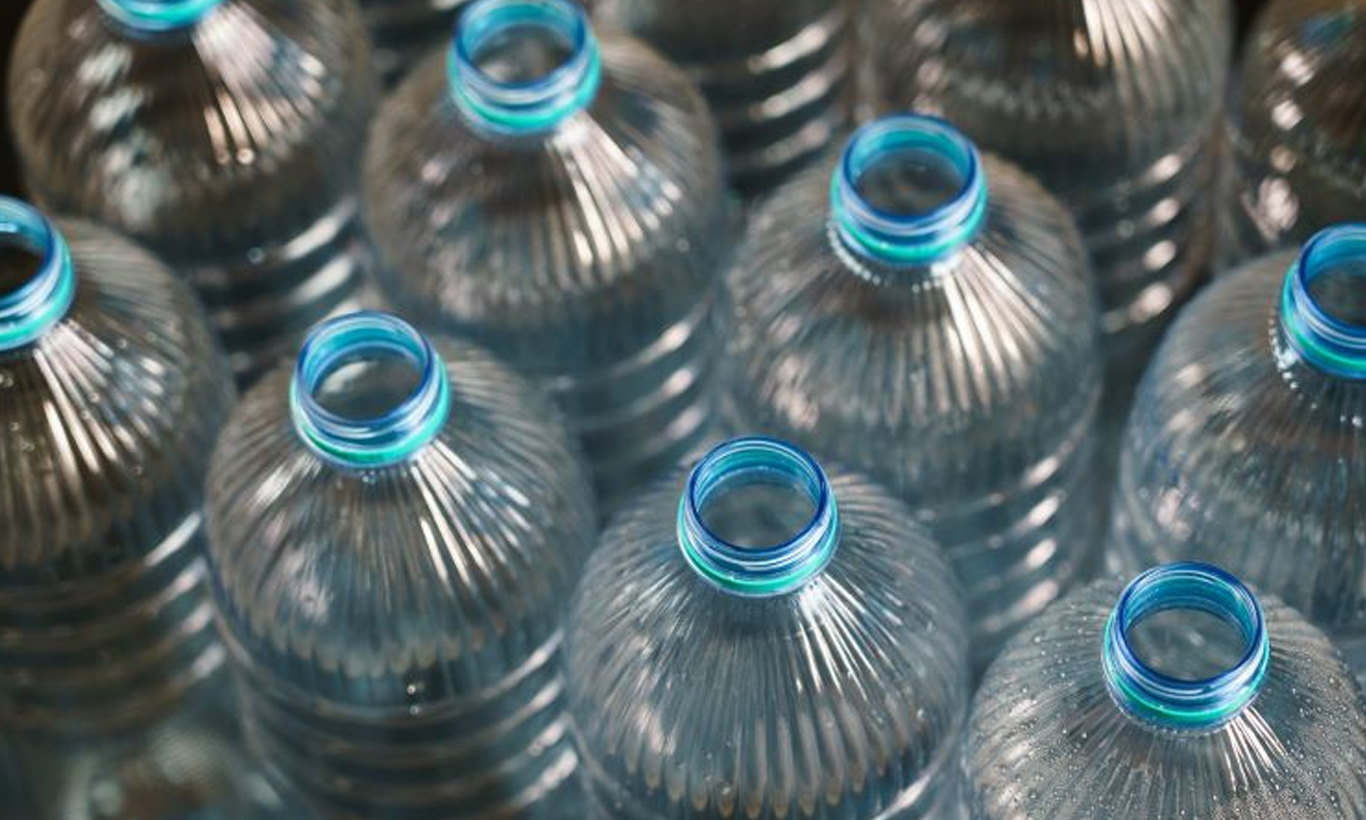

14 March 2022: The Organisation for Economic Cooperation and Development (OECD) presented its recently published Global Plastics Outlook: Economic Drivers, Environmental Impacts, and Policy Options for an online audience in Southeast Asia and Japan at the Regional Conference on the OECD Global Plastics Outlook.
The Conference was co-hosted by the OECD Tokyo Centre, the Institute for Global Environmental Strategies (IGES), ERIA, and the 3R (Reduce, Reuse, Recycle) International Scientific Conference (3RINCs) Organising Committee. It aimed to provide in-depth understanding of plastic pollution challenges to implement future policies and actions.
Mr Yoshiki Takeuchi, OECD Deputy Secretary-General; and Professor Toshiaki Yoshioka, from the Japan Society of Material Cycles and Waste Management, in their opening remarks spoke of the increase of global plastic production and consumption, and welcomed the efforts undertaken by different countries to overcome the difficulties associated with it.
Dr Shardul Agrawala, OECD Head of the Environment and Economic Integration Division, presented the general overview of the Global Plastics Outlook, saying that the report contains comprehensive mapping of the life cycle of plastics globally with high-level technical details; meticulous insights on leakage to land, water, and air; analysis of the effects of COVID-19; analysis of plastics innovation; and coverage of the domestic plastics policy landscape. He concluded that the current plastic situation is alarming.
‘In the past two decades, the global plastic use has grown rapidly. It is 40% faster than the GDP growth,’ he said.
Salient findings of the report.
● In non-OECD countries, a predominant proportion of plastics goes to landfills or remains mismanaged and uncollected.
● In the context of COVID-19, despite the exponential increase of personal protective equipment (PPE) made of plastics, due to the global economic slowdown a 2.2% decrease in plastics use was observed in 2020.
● A 2.2% decrease, however, is not necessarily a pertinent measure to assess environmental impacts, as health-based waste made of plastics, such as face masks, can pollute water bodies in different ways.
● Markets for recycled plastics remain marginal (6% of total plastic production) and need to be further expanded to encourage a higher recycling rate.
● Environmentally relevant innovation for plastics has been increasing, but remains minimal, and a case study from Japan shows that innovation efforts are influenced by the public policies set in place.
To overcome the overarching issue of plastics, the report proposed key interventions, including bolstering markets for recycled plastics, boosting innovation for more circular plastics, scaling up international financing and cooperation, and increasing the ambition of domestic policies.
Dr Vong Sok, from the ASEAN Secretariat; Mr Eric Kawabata from TerraCycle and Loop; and Mr Dominic Faulder from Nikkei Asia, all spoke during the panel discussion. The session concluded that the management of plastics must coordinate better with the informal sector, incentivise the private sector, and recognise the externalities. The OECD is also expected to foster multistakeholder engagement to further develop environmentally-sound plastic management and explore more studies on the incineration and grocery sectors.
Mr Michikazu Kojima, from ERIA; and Ms Naoko Kawaguchi, from the OECD Tokyo Centre, closed the convention by welcoming the Global Plastics Outlook report as providing a comprehensive map of global plastics and analysis from regional perspectives.
14 March 2022: The Organisation for Economic Cooperation and Development (OECD) presented its recently published Global Plastics Outlook: Economic Drivers, Environmental Impacts, and Policy Options for an online audience in Southeast Asia and Japan at the Regional Conference on the OECD Global Plastics Outlook.
The Conference was co-hosted by the OECD Tokyo Centre, the Institute for Global Environmental Strategies (IGES), ERIA, and the 3R (Reduce, Reuse, Recycle) International Scientific Conference (3RINCs) Organising Committee. It aimed to provide in-depth understanding of plastic pollution challenges to implement future policies and actions.
Mr Yoshiki Takeuchi, OECD Deputy Secretary-General; and Professor Toshiaki Yoshioka, from the Japan Society of Material Cycles and Waste Management, in their opening remarks spoke of the increase of global plastic production and consumption, and welcomed the efforts undertaken by different countries to overcome the difficulties associated with it.
Dr Shardul Agrawala, OECD Head of the Environment and Economic Integration Division, presented the general overview of the Global Plastics Outlook, saying that the report contains comprehensive mapping of the life cycle of plastics globally with high-level technical details; meticulous insights on leakage to land, water, and air; analysis of the effects of COVID-19; analysis of plastics innovation; and coverage of the domestic plastics policy landscape. He concluded that the current plastic situation is alarming.
‘In the past two decades, the global plastic use has grown rapidly. It is 40% faster than the GDP growth,’ he said.
Salient findings of the report.
● In non-OECD countries, a predominant proportion of plastics goes to landfills or remains mismanaged and uncollected.
● In the context of COVID-19, despite the exponential increase of personal protective equipment (PPE) made of plastics, due to the global economic slowdown a 2.2% decrease in plastics use was observed in 2020.
● A 2.2% decrease, however, is not necessarily a pertinent measure to assess environmental impacts, as health-based waste made of plastics, such as face masks, can pollute water bodies in different ways.
● Markets for recycled plastics remain marginal (6% of total plastic production) and need to be further expanded to encourage a higher recycling rate.
● Environmentally relevant innovation for plastics has been increasing, but remains minimal, and a case study from Japan shows that innovation efforts are influenced by the public policies set in place.
To overcome the overarching issue of plastics, the report proposed key interventions, including bolstering markets for recycled plastics, boosting innovation for more circular plastics, scaling up international financing and cooperation, and increasing the ambition of domestic policies.
Dr Vong Sok, from the ASEAN Secretariat; Mr Eric Kawabata from TerraCycle and Loop; and Mr Dominic Faulder from Nikkei Asia, all spoke during the panel discussion. The session concluded that the management of plastics must coordinate better with the informal sector, incentivise the private sector, and recognise the externalities. The OECD is also expected to foster multistakeholder engagement to further develop environmentally-sound plastic management and explore more studies on the incineration and grocery sectors.
Mr Michikazu Kojima, from ERIA; and Ms Naoko Kawaguchi, from the OECD Tokyo Centre, closed the convention by welcoming the Global Plastics Outlook report as providing a comprehensive map of global plastics and analysis from regional perspectives.

Communication Desk


